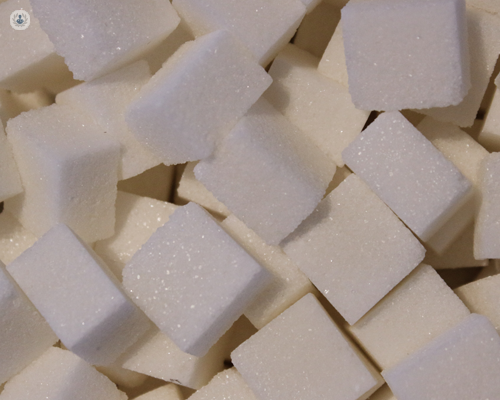How to manage diabetes effectively
Written in association with:Diabetes is a chronic condition that affects millions of people worldwide. It occurs when the body is unable to effectively regulate blood sugar levels, leading to hyperglycemia. This can result in serious health complications if not managed properly. There are two primary types of diabetes: type 1 and type 2, each with distinct characteristics and management strategies.
Here, in this article below, highly experienced consultant physician and endocrinologist, Professor Parag Singhal, tells us how diabetes can be effectively managed and controlled.

Types of diabetes
Type 1 diabetes is an autoimmune condition where the immune system mistakenly attacks and destroys insulin-producing beta cells in the pancreas. This type typically manifests in childhood or adolescence, although it can occur at any age. Individuals with Type 1 diabetes require lifelong insulin therapy to manage their blood sugar levels.
Type 2 diabetes is more common and usually develops in adulthood, though increasing numbers of children and adolescents are being diagnosed. It is characterised by insulin resistance, where the body’s cells do not respond effectively to insulin. Over time, the pancreas may not produce enough insulin. Lifestyle factors such as obesity, physical inactivity, and poor diet are significant risk factors for type 2 diabetes.
Symptoms and diagnosis
Common symptoms of diabetes include frequent urination, excessive thirst, extreme hunger, unexplained weight loss, fatigue, and blurred vision. In some cases, symptoms may be mild or absent, particularly in type 2 diabetes, making regular screening important for those at risk.
Diagnosis typically involves blood tests that measure blood sugar levels. The fasting plasma glucose test, oral glucose tolerance test, and the HbA1c test are commonly used to diagnose and monitor diabetes.
Management and treatment
Managing diabetes effectively requires a multifaceted approach. For type 1 diabetes, insulin therapy, either through injections or an insulin pump, is essential. Monitoring blood sugar levels regularly and maintaining a balanced diet are also crucial components.
Type 2 diabetes management often begins with lifestyle modifications such as adopting a healthy diet, increasing physical activity, and losing excess weight. Medications, including metformin and other oral or injectable drugs, may be prescribed to help control blood sugar levels. In some cases, insulin therapy may become necessary.
Complications and prevention
If not managed properly, diabetes can lead to severe complications including cardiovascular disease, neuropathy, kidney damage, and retinopathy. Preventive measures for type 2 diabetes focus on maintaining a healthy weight, engaging in regular physical activity, and eating a balanced diet rich in whole grains, fruits, and vegetables.


